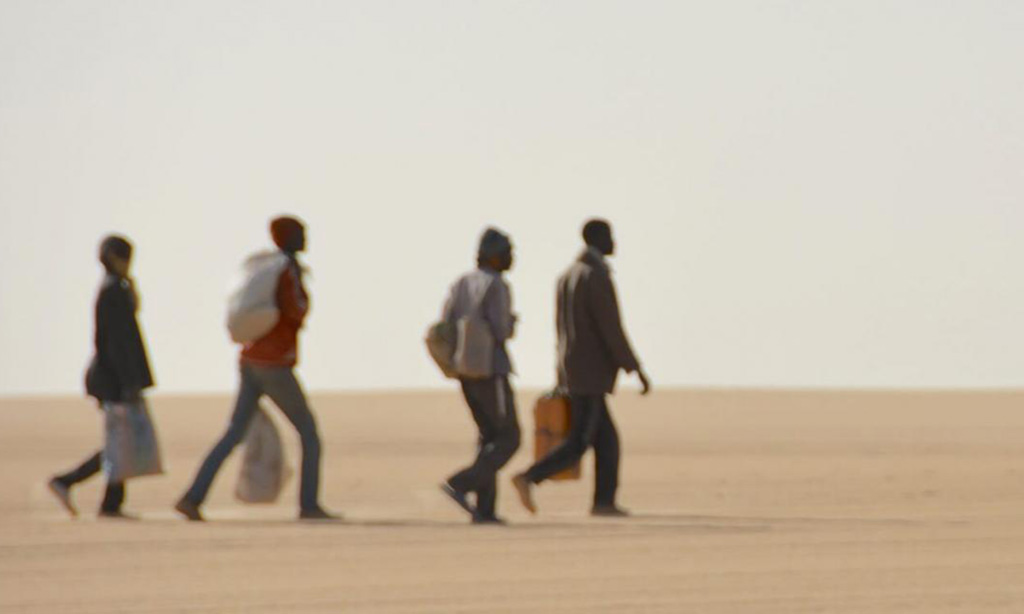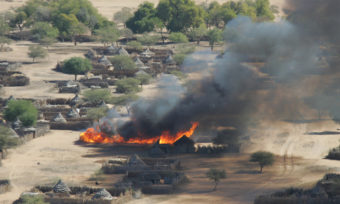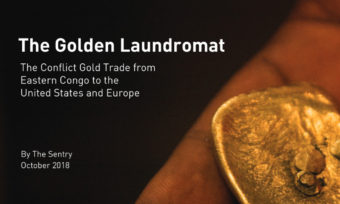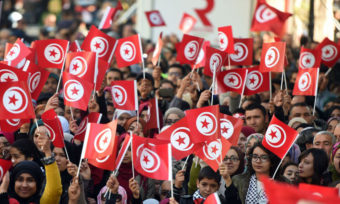Clingendael – the Netherlands Institute of International Relations – is a leading think tank and academy on international affairs which aims to contribute to a secure, sustainable and just world. Earlier this month they published an online report on the effects of EU migration policies and the externalisation of EU border control on Saharan migration routes and on practices in the border regions connecting Niger, Chad, Sudan and Libya.
The EU migration policies and the externalisation of its border control is a topic we often write about: EU’s migration partnership with Sudan: Deals with the devil always unravel, but also: Sudanese refugees: From Darfur to Germany, through corruption and human trafficking.
One of the author of this report is Jérôme Tubiana who you already know if you read us: he is an independent researcher specialised in Sudan, Niger and Chad, and has conducted numerous field research missions in conflict areas for various organizations. Last year we published an article he wrote for IRIN: Europe’s ‘Migrant Hunters’. More recently, he was featured on our Interview Series: Sudan, you can read his interview on this page. in which he addressed the situation on these ‘Saharan routes‘.
Tubiana, with Clotilde Warin and Gaffar Mohammud Saeneen find that, in response to the obstacles and opportunities that border externalisation policies present for migrants, migration routes diversify and move to other countries.
Beyond the fact that migration is a transnational phenomenon not linked to one particular route or itinerary, this continuous moving of routes is made possible by cross-border Saharan trade and trafficking networks that have put in place the necessary logistics to facilitate migration and which often fall outside government control.
Pushed by EU efforts to curtail migration, states such as Niger, Chad and Sudan have shored up border patrols and anti-smuggling operations in the border regions under study here. The report shows that this has been done in a manner that is often not conducive to stability in the region and which contributes to the ‘militia-isation’ – the growing power of militias whose presence undermines the state – of the countries at issue.
You can read their report (PDF) on Clingendael website.








